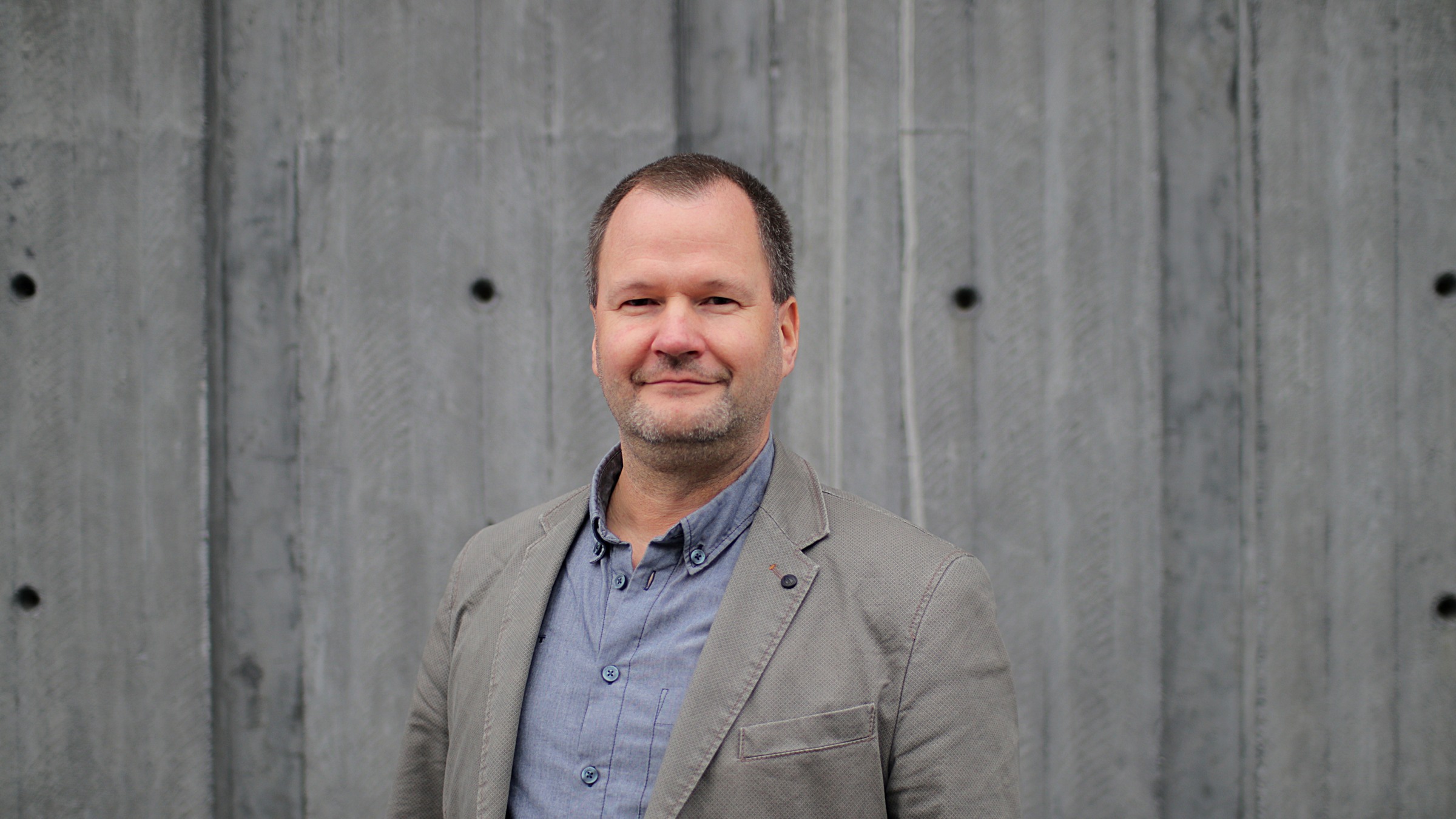
Christian is important for German phosphorus recovery
He has solid experience of phosphorus recovery – and is passionate about implementation of the circular economy. Christian Kabbe is CEO of EasyMining in Germany and thus plays an important role for phosphorus recovery from incinerated sewage sludge in the country, for which the company has a unique patented technology.
28 Jan 2020After Switzerland, Germany is the second country in the world to have legislated to recover phosphorus from sewage sludge and sludge ashes. After a transitional period of 12 to 15 years, all sewage works connected to more than 50,000 households need to incinerate sewage sludge so that the phosphorus, which is a so-called critical raw material, can be effectively recovered. With more than 1.7 million tons (dry solids) per year, Germany is one of the largest producers of sewage sludge in Europe providing a major potential for phosphorus recovery if mono-incinerated.
The Sweden-based innovation company EasyMining’s patented technology for phosphorus recovery from incinerated sewage sludge is important for the German market. A branch has consequently been set up in Berlin, where Christian Kabbe is CEO.
– As the German market is the largest in Europe when it comes to phosphorus recovery from sewage sludge ash, we have opened a branch in the country. EasyMining has a portfolio with a number of unique patented technologies which do not just include the recovery of phosphorus, but also contribute sustainable value chains for the material. The Ash2Phos technology, for example, has a recovery efficiency of 90 per cent and it could enable us to recover potentially more than 40,000 tonnes of P in the form of pure, marketable phosphates. That’s about half the phosphorus sold annually in Germany in mineral fertilisers, Christian Kabbe says.
Long experience of phosphorus recovery
Christian has solid experience within environmental and analytical chemistry, receiving his PhD in 2003. After his university studies and a period in the chemical industry, he was employed at the German EPA (Umweltbundesamt), where he started working on phosphorus recovery and recycling.
– I was involved in the development of phosphorus recovery and sewage sludge processing in the first German programme for resource efficiency (ProgRess) and the preparation of a strategy for German phosphorus recovery and recycling. I was also involved in various financing projects to support environmental innovation within the field of sewage processing and resource efficiency.
Wanted to create a real effect
After three years at Umweltbundesamt, Christian started at the Berlin Centre of Competence for Water, where he continued to work within energy- and resource-efficient sewage purification and resource recovery of phosphorus in several national and international EU projects.
– After that, I followed my ambition to utilise the results derived from research and development and to create real impact through bridging the gap between R&D and Application (innovation) and started at an international technology consulting company, Isle Utilities. There I started collaborating with EasyMining and in January 2019 I started to work in the company.
The work facilitates the circular economy
In his role as CEO of EasyMining in Germany, Christian is engaged in business development and in finding collaborations with businesses which can use the company’s unique technologies for phosphorus recovery and the pure detoxified materials they will provide.
– EasyMining’s technology ensures phosphorus recovery that is energy- and resource-efficient and which produces actual detoxification and simultaneously enables nutrients to be recovered. This type of phosphorus recovery will contribute to an improvement to the existing value chain. I am really looking forward to the coming years; working in a good team at a company whose work facilitates the circular economy.